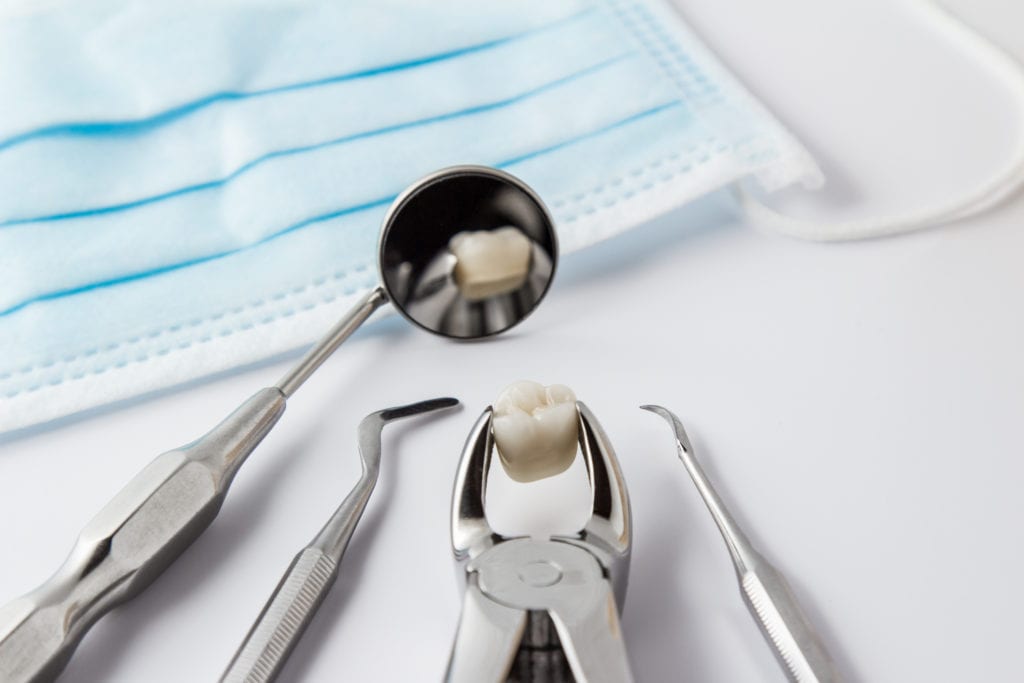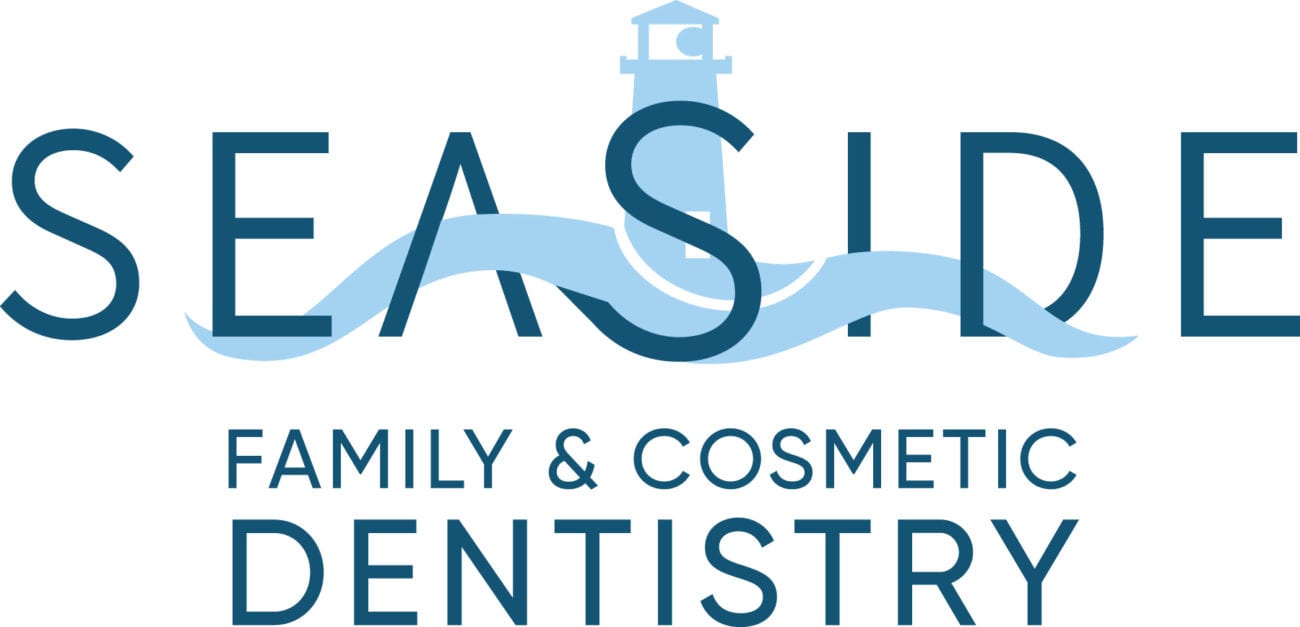At Seaside Family and Cosmetic Dentistry, we offer tooth extraction treatment in our Hampstead, NC office. Some patients may be fearful of extraction treatments. However, we ensure that our patients feel comfortable by using a local anesthetic during treatment. Dental extractions are general dental solutions that prevent infection, damage, or further tooth loss.


The Tooth Extraction Procedure
Dr. Francis ensures that the tooth extraction procedure is always comfortable. To begin treatment, he numbs the area with an anesthetic. He carefully removes the tooth and covers the socket with sterile gauze. He may also place a few stitches into the socket.
For a few days after the extraction procedure, you will feel some discomfort; we will prescribe you pain medication for your recovery. After two to three weeks, your gum and bone tissue will regenerate. If we have extracted your tooth or teeth due to excessive damage or severe infection, we can replace them. Replacing missing teeth adds balance to the bite and supports your oral health.
If your socket is bleeding more than several days after your extraction, or if you feel severe pain at the socket, contact our office immediately. Excessive pain or bleeding is abnormal and should be treated as soon as possible.
Removing Wisdom Teeth
Wisdom teeth need to be removed if they are impacted. Impacted wisdom teeth irritate the gums and lead to pain in the back of the mouth. Tooth extractions are necessary to alleviate the pain and prevent wisdom teeth from damaging the molars.
Sometimes wisdom teeth can erupt at an odd angle and break or wear down adjacent teeth. Although not everyone needs their wisdom teeth removed, we will keep track of the status of your wisdom teeth as they come in.
Tooth Extraction FAQs
Can I request a tooth extraction?
If you believe extraction is the best avenue for your dental problem, we’ll take it into consideration. However, we try to conserve as much of the natural tooth structure as possible. The dentist performs a thorough examination to determine the best course of action for your tooth.
When are tooth extractions necessary?
Most commonly, tooth extractions remove wisdom teeth, preventing them from causing further oral health problems in your mouth. The dentist also extracts teeth that are severely damaged or decayed, and can’t be saved by other forms of dental treatment. Extraction is also an option for orthodontic and overcrowding reasons.
How should I prepare for a tooth extraction?
Before we schedule extraction, we’ll do a full review of your medical history. Extraction involves anesthesia and certain medical conditions cause complications with anesthesia. Depending on the sedation being used, you may need to arrange for transportation and avoid eating and drinking for a certain amount of time.
On the day of the procedure, wear comfortable clothes and pull your hair away from your face before coming to the office.
How long should I wait to eat or drink after tooth extraction?
Avoid even water for about an hour after your procedure. Start with water and other liquids before progressing to soft foods that are easy to digest. Keep a soft diet for a few days following the procedure. Then, you can start introducing foods slowly that are more difficult to chew.
What should I avoid after tooth extraction?
Keep your diet to the schedule above to avoid complications. Don’t drink from a straw until the area is fully healed. The suction causes complications with the blood clot. Hot liquids and alcohol should be avoided as they cause swelling in the mouth and can start to break down the blood clot. Smoking breaks down the clot too, so limit that as much as possible.
When can I stop worrying about dry sockets?
A dry socket is a painful condition that occurs when the blood clot is disrupted in your tooth socket. The gums heal in about 7-10 days. You don’t normally have to worry about a dry socket after that time. However, everyone is different and has different healing times. Your dentist will let you know how long it should take to heal in your specific case.
Should I rinse my mouth with salt water after an extraction?
Don’t rinse your mouth for the first 24 hours after your extraction takes place. After that, saltwater rinses are beneficial to your oral health. Warm salt water helps with the healing process and deters infection around the extraction site. Rinse your mouth 2-3 times a day for about a week for optimal healing conditions.
Am I a good candidate for tooth extraction?
The dentist performs a thorough oral exam to determine if extraction is right for you. In the case of decayed or damaged teeth, a root canal or dental crown may be attempted to preserve the natural tooth structure. The dentist also reviews your medical hertory to make sure you’re able to undergo the dental extraction procedure.
Request a Dental Appointment
Do you have an infected or impacted tooth that needs to be removed? Contact Seaside Family and Cosmetic Dentistry for tooth extraction treatment today at 910-335-4392. You may also schedule a dental consultation with us on our website.
